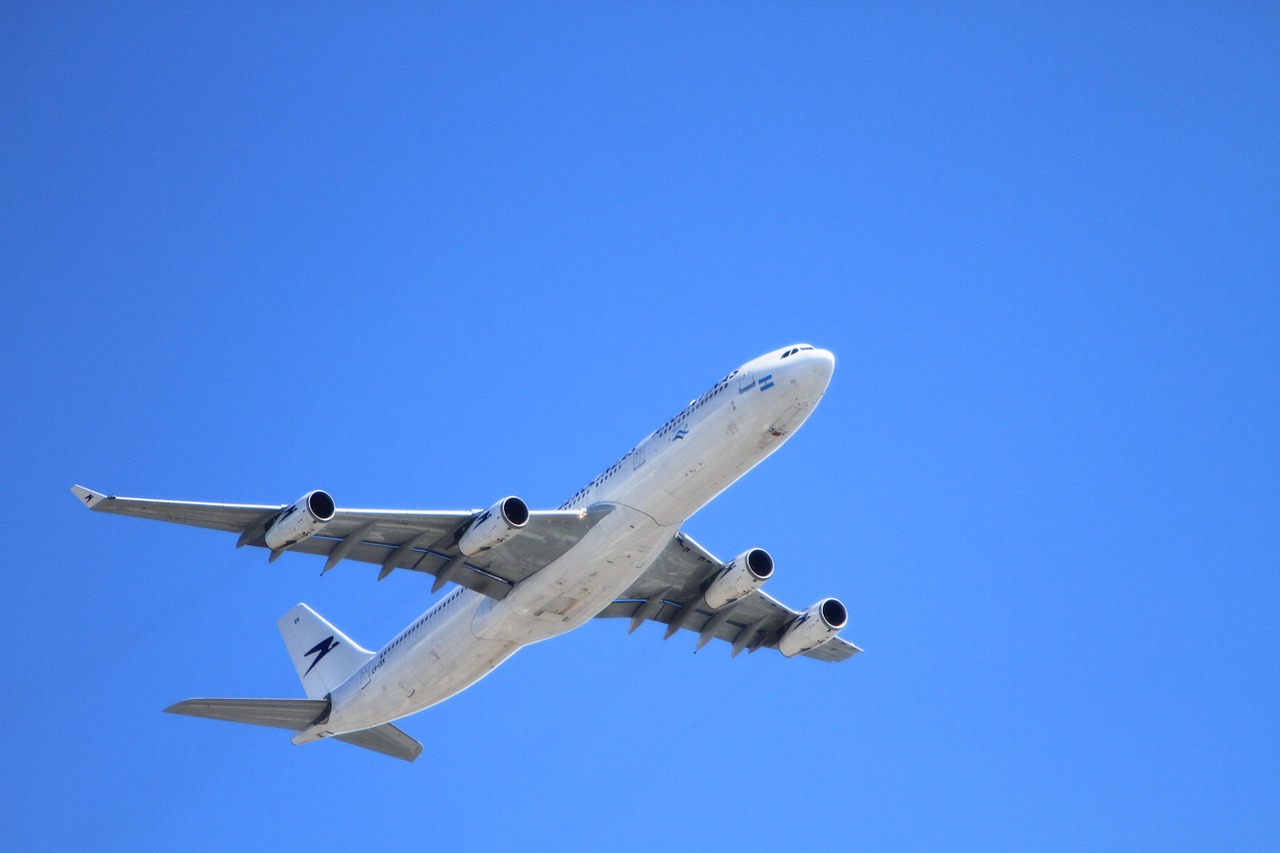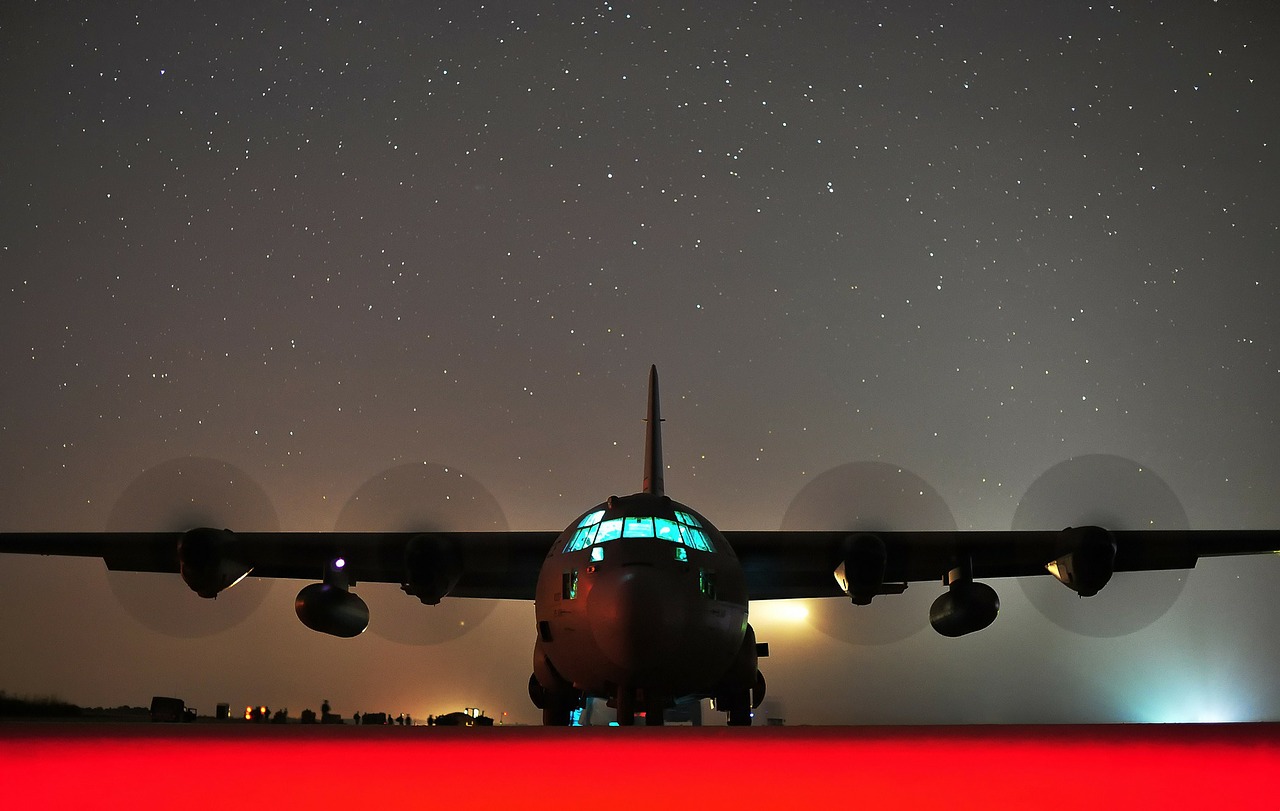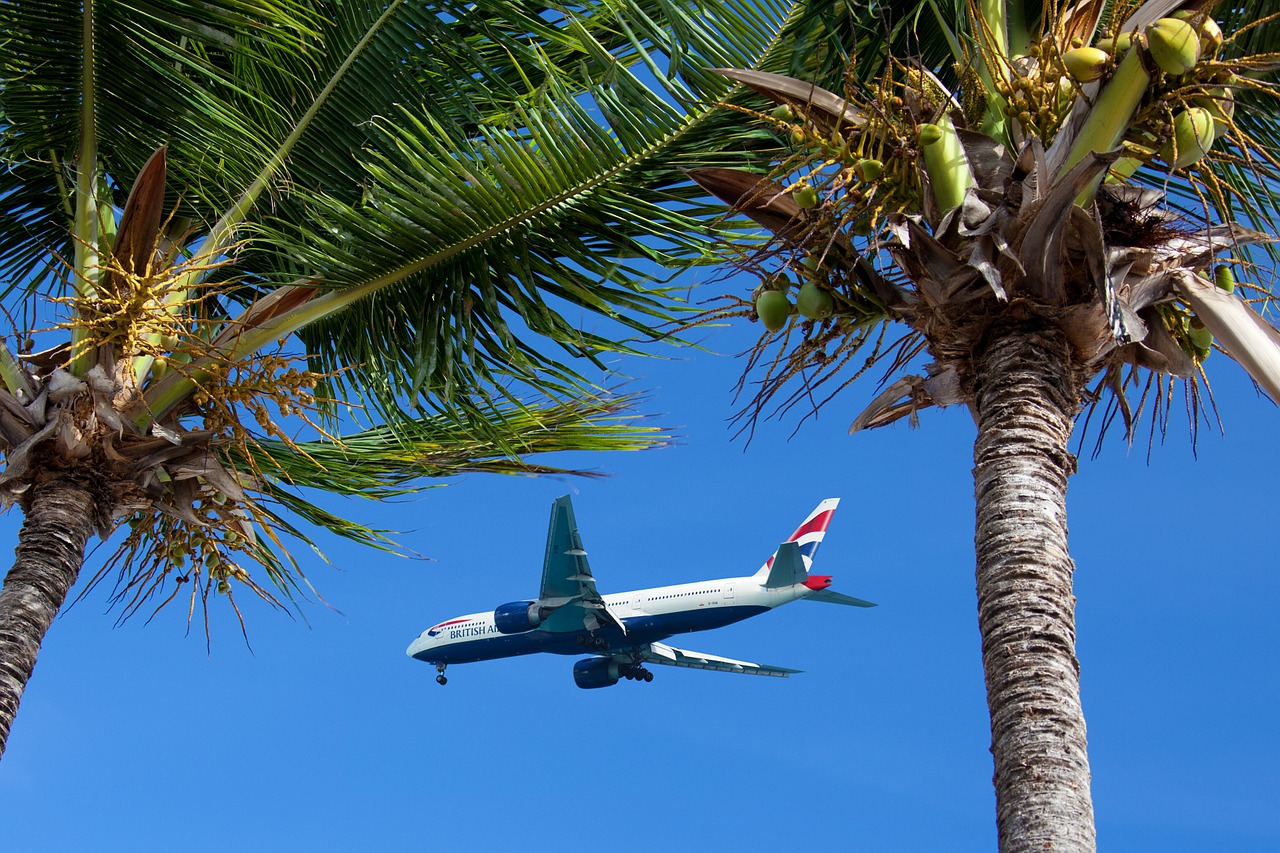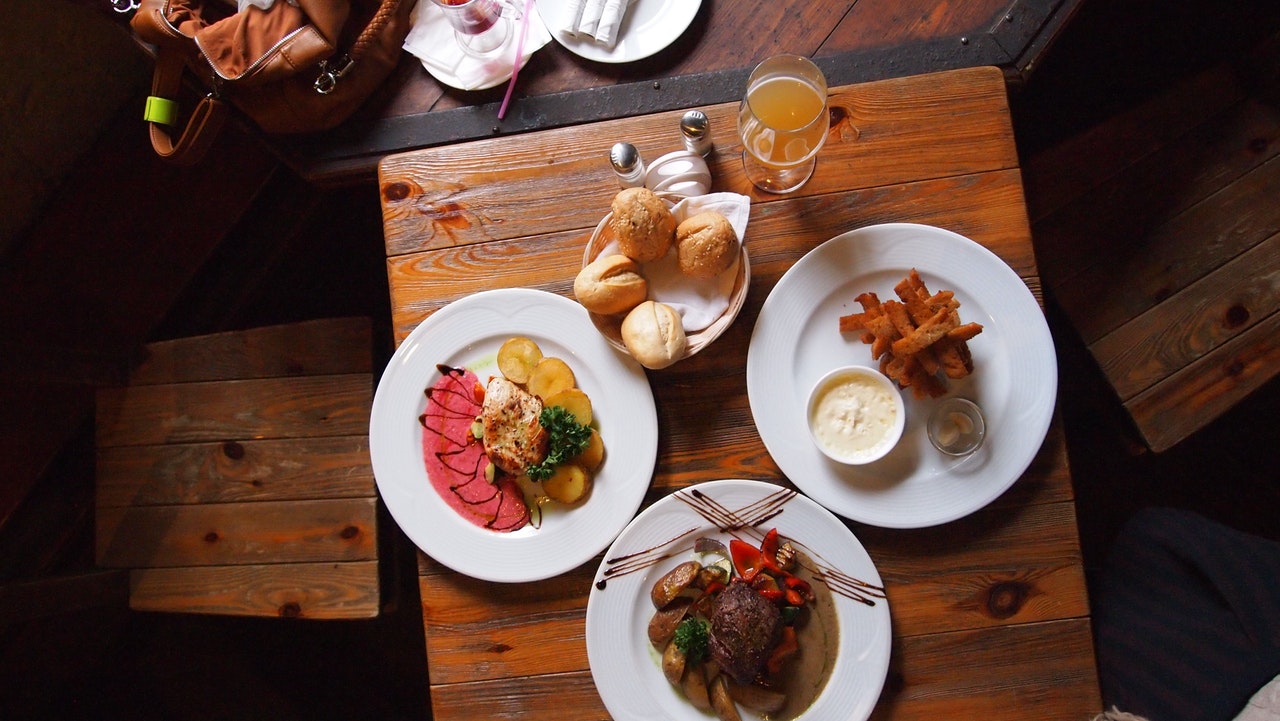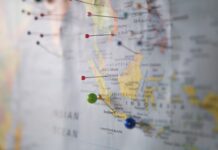Some of the biggest business news this year has concerned the trouble that major players in industries like supermarkets and airlines – in the UK and abroad – are facing.
In neither industry is the disruption coming from new, technologically advanced entries into the market. Nor is it coming entirely from mismanagement or unforeseeable external events (though airlines will point to the Ebola outbreak and international conflicts as dampeners on growth).
Instead, fairly established players offering a no-frills service have begun taking their rivals’ business on a much larger scale: not just winning over less affluent customers, but instead challenging across the board. Austerity, it appears, has captured the public imagination.
By taking a closer look at what’s happening in airlines and supermarkets, it becomes possible to get a better view of whether tech might also be susceptible to budget disruption.
Budget air travel has been around for decades, and the two largest European carriers – Ryanair and easyjet – are approaching their 30th and 20th birthdays respectively. By catering to a vociferous appetite for cheaper flights, both airlines were almost able to create a new audience for their services. Now, they are exceeding their reach beyond budget travellers, towards the business and high-end flyer.
It was easyjet that first embarked on the strategy. The airline’s first route was between London and Glasgow, key for business travellers. It started offering flexible fares back in 2010, then converted to allocated seating in 2012. Alongside better customer service and aggressive expansion, the moves paid off spectacularly. Easyjet now flies the most passengers of any UK airline, and recently announced record profits: up 22% from the previous year.
With his usual candour, Ryanair CEO Michael O’Leary declared easyjet’s strategy so successful that Ryanair would be copying it. Flexible fares, better seating and improved customer service have since arrived at Ryanair. And, sure enough, their profits and popularity have shot up.
Both airlines have made moves towards higher end comforts, but still offer distinctly low cost options compared to other airlines. More and more business custom is turning away from ‘luxury’ travel in favour of cost savings, and it appears that other customers of high end carriers are following suit.
Whilst the airline industry is homogenising, then at first glance it appears that supermarkets are segregating further. The brands that have been increasing market share at the expense of the ‘big four’ recently are Lidl, Aldi, Waitrose and Marks and Spencer: representing both the discount and premium ends of the spectrum.

